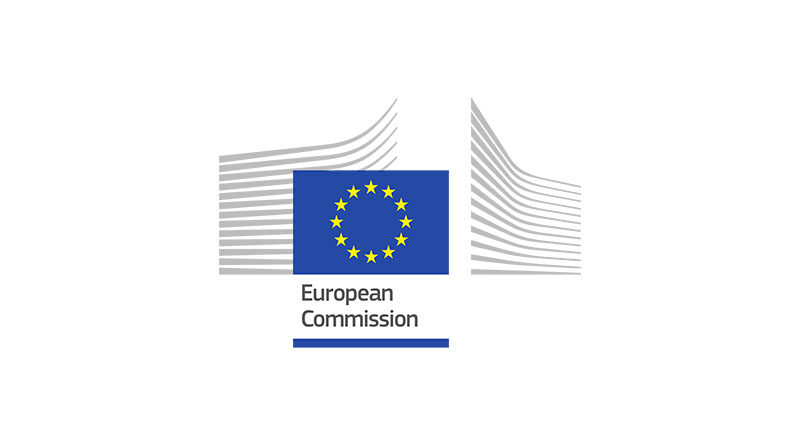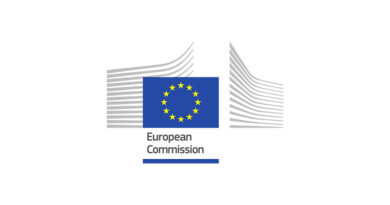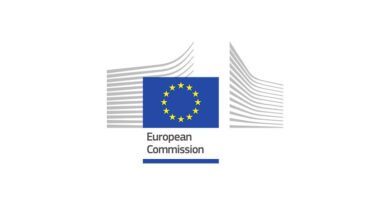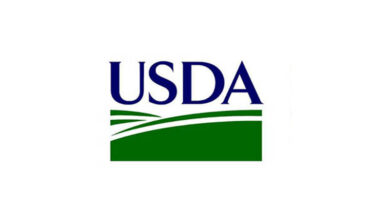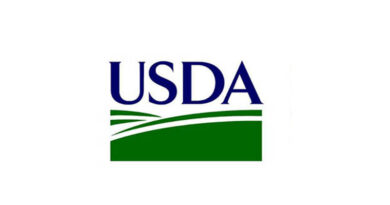Antitrust: Commission fines Conserve Italia €20 million for participating in canned vegetables cartel
19 November 2021, EU: The European Commission has fined Conserve Italia Soc. coop. agricola and its subsidiary Conserves France S.A. (together ‘Conserve Italia’) a total of € 20 000 000 for breaching EU antitrust rules.
The Commission has found that, for more than 13 years, Conserve Italia participated with other market participants in a cartel for the supply of certain types of canned vegetables to retailers and/or food service companies in the European Economic Area (EEA).
In September 2019, the Commission adopted a settlement decision against Bonduelle, Coroos and Groupe CECAB for participating in the same cartel. Conserve Italia decided not to settle this case with the Commission, unlike the three other participants. As a result, the Commission’s investigation against Conserve Italia continued under the standard cartel procedure.
Executive Vice-President Margrethe Vestager, in charge of competition policy, said: “With our decision today, we can put a lid on our case on the canned vegetables cartel. Conserve Italia, the only producer who chose not to settle, agreed with the others in this cartel to divide the market and to fix the prices for certain canned vegetables across Europe. So for more than 13 years consumers suffered from less competition and higher prices. The fine we impose today on Conserve Italia, reflects the gravity of their anticompetitive behaviour and the importance of competition law”.
For over 13 years Conserve Italia and the other cartel participants fixed prices, agreed on market shares and volume quotas, allocated customers and markets, exchanged commercially sensitive information and coordinated their replies to tenders. Their goal was to preserve or strengthen their position on the market, maintain or increase selling prices, reduce uncertainty for their future commercial conduct and control marketing and trading conditions to their advantage.
The infringement covered the entire EEA and Conserve Italia’s participation in the cartel lasted from 15 March 2000 to 1 October 2013.
The Commission’s investigation revealed the existence of a single infringement comprising three separate agreements:
- An agreement covering private label sales of canned vegetables such as green beans, peas, peas-and-carrots mix and vegetable macedoine to retailers in the EEA;
- An agreement covering private label sales of canned sweetcorn to retailers in the EEA; and
- An agreement covering both own brands and private label sales (sold under retailers’ brands) of canned vegetables to retailers and to the food service industry specifically in France.
Conserve Italia participated only in the two first agreements.
Fines
The fines were set on the basis of the Commission’s 2006 Guidelines on fines (see also MEMO).
In setting the level of fines, the Commission took into account various elements, including the sales value in the EEA achieved by Conserve Italia for the products in question, the serious nature of the infringement, its geographic scope and its duration.
Conserve Italia benefitted from 50 % reduction of its fine for its cooperation with the Commission investigation under the Commission’s 2006 Leniency Notice. The reduction reflects the timing of Conserve Italia’s cooperation and the extent to which the evidence it provided helped the Commission to prove the existence of the cartel in which it was involved.
Background
Article 101 of the Treaty on the Functioning of the European Union (TFEU) and Article 53 of the EEA Agreement prohibit cartels and other restrictive business practices.
The Commission’s investigation started with unannounced inspections in October 2013. In September 2019, the Commission adopted a settlement decision against three companies that admitted their involvement in the cartel described in the decision – Bonduelle, Coroos and Groupe CECAB. The total fines imposed were €31 647 000. The investigation concerning Conserve Italia continued under the standard cartel procedure.
This is the second cartel case relating to canned foodstuffs. In the canned mushrooms cartel, in June 2014, the Commission fined Bonduelle, Lutèce and Prochamp a total of around €32 million, and, in April 2016, it fined Riberebro €5.2 million.
Fines imposed on companies found in breach of EU antitrust rules are paid into the general EU budget. This money is not earmarked for particular expenses, but Member States’ contributions to the EU budget for the following year are reduced accordingly. The fines therefore help to finance the EU and reduce the burden for taxpayers. In accordance with Article 141(2) of the EU-UK Withdrawal Agreement, this case is a “continued competence case”. The EU shall therefore reimburse the UK for its share of the amount of the fine once the fine has become definitive. The collection of the fine, the calculation of the UK’s share and the reimbursement will be the carried out by the Commission.
More information on this case will be available under the case number AT.40127 in the public case register on the Commission’s competition website, once confidentiality issues have been dealt with. For more information on the Commission’s action against cartels, see its cartels website.
Whistle-blower tool
The Commission has set up a tool to make it easier for individuals to alert it about anti-competitive behaviour while maintaining their anonymity. The tool protects whistleblowers’ anonymity through a specifically-designed encrypted messaging system that allows two-way communications. The tool is accessible via this link.
Action for damages
Any person or company affected by anti-competitive behaviour as described in this case may bring the matter before the courts of the Member States and seek damages. The case law of the Court and Council Regulation 1/2003 both confirm that in cases before national courts, a Commission decision constitutes binding proof that the behaviour took place and was illegal. Even though the Commission has fined the cartel participants concerned, damages may be awarded without being reduced on account of the Commission fine.
The Antitrust Damages Directive, which Member States had to implement into their legal systems by 27 December 2016, makes it easier for victims of anti-competitive practices to obtain damages. More information on antitrust damages actions, including a practical guide on how to quantify antitrust harm, is available here.

